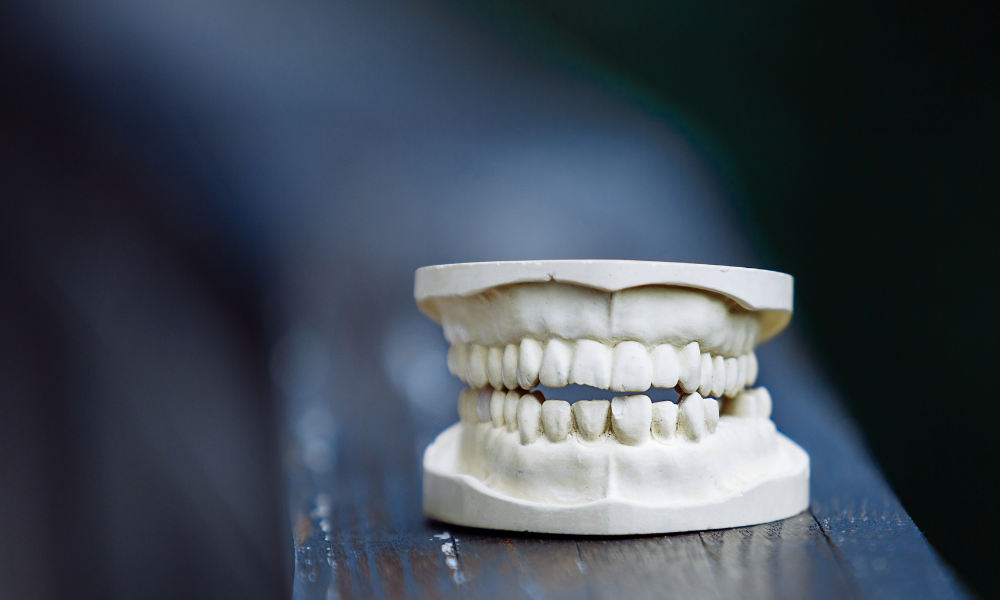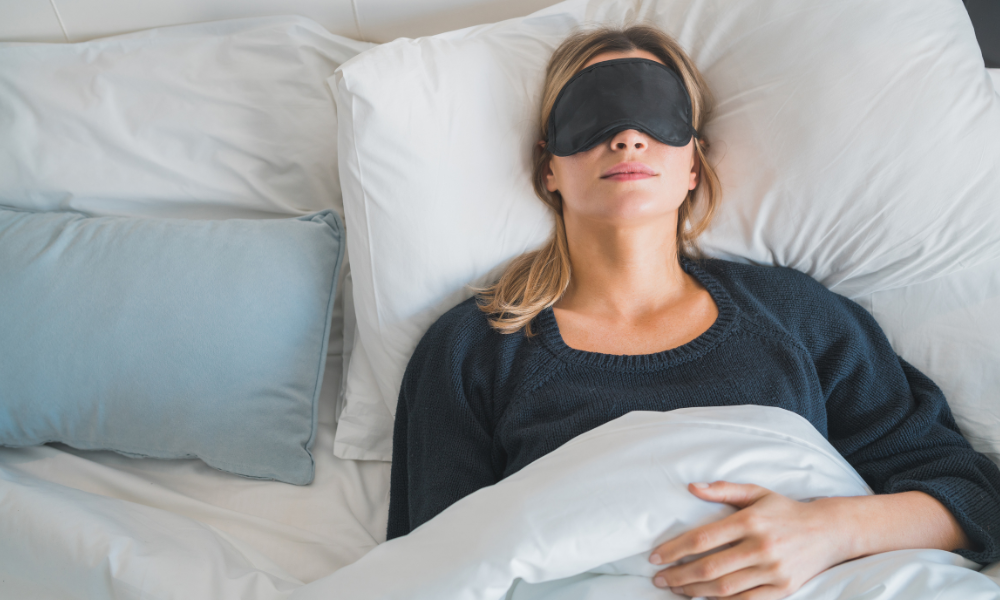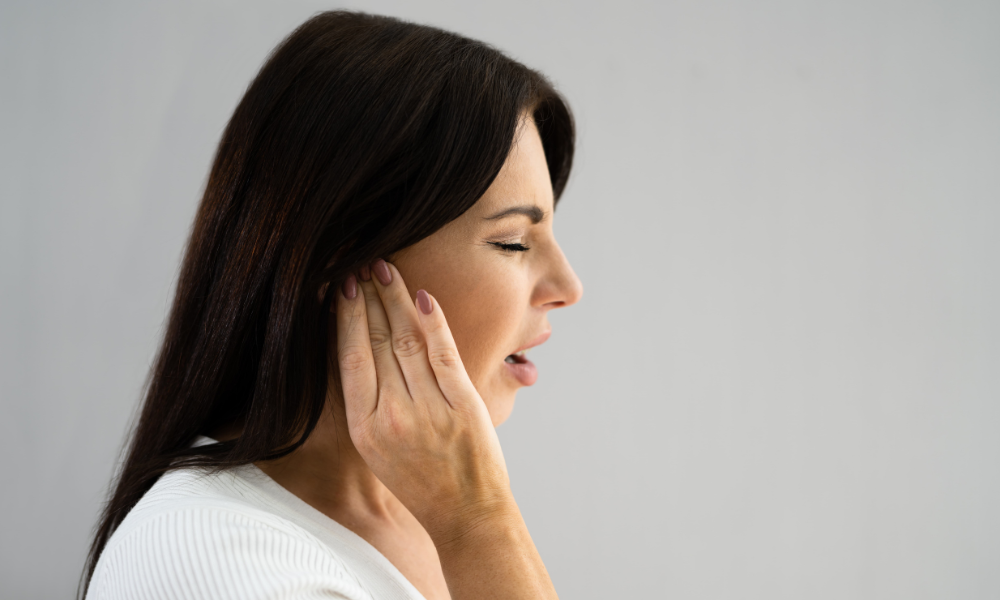
Temporomandibular Joint Disorders (TMD/TMJ) are common causes of orofacial pain that can significantly impact your life quality. Its symptoms can be complex, oftentimes causing more than just pain but also interruption to proper jaw function. Delving into the causes, symptoms, and treatment methods for TMD/TMJ can equip you with the knowledge you need to understand this condition better and seek appropriate treatments. This article is designed to provide you with a deeper comprehension of TMD/TMJ, enabling you to make decisions about your condition and address it effectively.
Temporomandibular Joint Disorders refer to a group of problems associated with the temporomandibular joint - the hinge-like complex that connects your jaw to the temporal bones of your skull. If this joint gets injured or damaged, it can lead to a localized pain disorder called TMD or TMJ syndrome. This condition can result from a direct injury to the jaw or joint, inflammation such as arthritis, or even muscle fatigue from constant clenching or grinding of teeth— a condition known as bruxism.
Moreover, TMD/TMJ shows no discrimination and can affect individuals of all ages, although it is often more prevalent in individuals between 20 to 40 years of age and shows an increased prevalence in females. The symptoms can range from mild to severe and can last for short periods or many years.
Symptoms often include pain in or around the ear, tenderness of the jaw, pain while chewing, facial pain, and even locking of the joint, making it difficult to open or close your mouth.
Sometimes, a clicking or grating noise in the jaw joint may also be observed, although if there’s no pain or loss of movement associated with your jaw clicking, you probably don't need treatment for a TMJ disorder.
At Columbia TMJ and Pain, Dr. Bloxham’s primary goal is to diagnose and manage conditions like TMD/TMJ, helping patients find relief from the struggle of living with chronic orofacial pain. The treatment strategies can include medications, therapies, and in some cases, surgical interventions or other medical procedures.
As we delve deeper into the world of temporomandibular joint disorders, we hope to offer insights, shed light on misconceptions, and discuss various treatment options that can help those affected by this condition to have an improved quality of life.
Causes of Temporomandibular Joint Disorders
- Direct Injury or Trauma
A direct blow or impact to the jaw or temporomandibular joint can result in TMD/TMJ. This includes sports-related injuries, car accidents, a fall, or even aggressive dental procedures that put excessive pressure on the jaw joint. - Arthritis
Arthritis can cause inflammation in the temporomandibular joint, leading to TMD/TMJ. Osteoarthritis, rheumatoid arthritis, or other degenerative joint diseases can affect the jaw joint, resulting in pain and dysfunction. - Bruxism
Constant clenching or grinding of the teeth, known as bruxism, can cause muscle fatigue and joint damage, resulting in TMD/TMJ. Bruxism often occurs during sleep, making it harder for individuals to consciously control it. - Dental and Bite Misalignment
Misaligned teeth or an uneven bite can put additional strain on the temporomandibular joint, causing the muscles to work harder and increasing the likelihood of developing TMD/TMJ.
Symptoms of Temporomandibular Joint Disorders
- Jaw Pain and Tenderness
One of the most common symptoms of TMD/TMJ is pain or tenderness in the jaw joint area. This pain can be sharp or dull and may be exacerbated by jaw movement, such as when chewing, talking, or yawning. - Ear Pain and Discomfort
Ear pain or discomfort, often described as a dull ache, is another common symptom of TMD/TMJ. This pain may radiate from the jaw joint and can sometimes be mistaken for an ear infection or other ear-related issues. - Difficulty Opening or Closing the Mouth
Individuals with TMD/TMJ may experience difficulty opening or closing their mouths. This can result from muscle stiffness, inflammation, or locking of the jaw joint itself. - Clicking or Grating Noise
While not all individuals with TMD/TMJ experience this symptom, some may notice a clicking, popping, or grating noise when opening or closing their mouths, indicating joint movement issues.
Non-surgical Treatment Options for Temporomandibular Joint Disorders
- Oral Appliances
Oral appliances, such as mouth guards or splints, can help alleviate TMD/TMJ symptoms by providing a barrier between teeth, mitigating the effects of bruxism, or improving bite alignment. These appliances should be custom-fitted by a dentist or specialist for optimal results. - Physical Therapy
Physical therapy exercises and stretches can help strengthen the muscles around the temporomandibular joint and improve jaw movement. A licensed physical therapist can provide targeted exercises and recommendations based on an individual's specific TMD/TMJ condition. - Medications
Over-the-counter pain relievers and anti-inflammatory medications, such as ibuprofen or naproxen, can help control TMD/TMJ pain and inflammation. Muscle relaxants may also be prescribed for short-term use, primarily if muscle tension or spasms are contributing to the condition. - Alternative Therapies
Alternative therapies like acupuncture, chiropractic treatment, and biofeedback can help relieve TMD/TMJ symptoms. However, it is essential to consult with a specialist before pursuing any alternative therapies or treatments to ensure that they are the right solution for your condition.
Surgical Treatment Options for Temporomandibular Joint Disorders
- Arthroscopy
Arthroscopy, a minimally invasive surgery involving a small camera and specialized instruments, can be used to remove debris or scar tissue and treat inflammation within the temporomandibular joint. - Open-Joint Surgery
In more severe cases where joint damage or degeneration is extensive, open-joint surgery may be required to repair or replace the affected components. Please note that surgery however, is usually a last resort and is only performed in extreme cases. Alternative treatment options will be explored first.
Conclusion
Temporomandibular Joint Disorders (TMD/TMJ) can cause significant discomfort and impact daily life, which is why understanding the condition and knowing available treatment options are critical. With the assistance of a qualified specialist like Dr. Bloxham at Columbia TMJ and Pain, you can navigate through various treatments and adopt the best approach to managing your TMD/TMJ effectively. Improved jaw function and pain relief can result from tailored, multidisciplinary interventions, granting you a better quality of life.
If you're struggling with chronic orofacial pain caused by Temporomandibular Joint Disorders (TMD/TMJ), seek help from a qualified myofascial doctor at Columbia Center for Sleep Apnea and TMJ. Take control of your condition and improve your quality of life. Schedule an appointment today.











